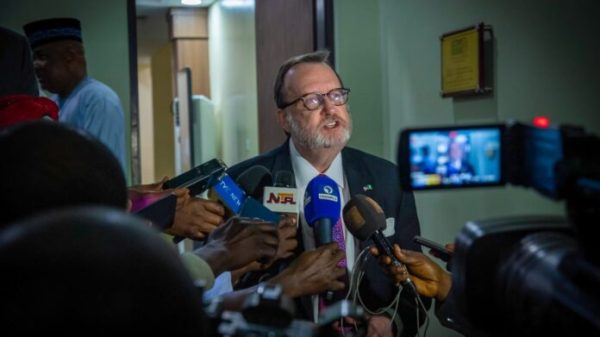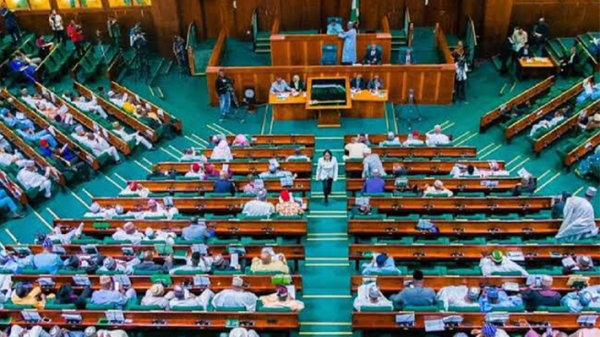President Bola Tinubu has approved a N20 billion take-off fund for the National Space Research and Development Agency (NASRDA) to implement space regulation and licensing in Nigeria.
NASRDA’s Director-General, Dr. Matthew Adepoju, confirmed the development in an interview on Thursday, stating that the agency’s regulatory function, outlined in the NASRDA Act of 2010, had remained dormant since its establishment in 1999.
Adepoju revealed that upon assuming office, he submitted a memo to the president stressing the need for space regulation. This led to Tinubu’s approval, enabling NASRDA to begin enforcing space laws and spectrum management.
“When I raised that memo stating that our space can no longer be unregulated, Mr. President graciously approved the take-off fund of N20 billion a few months ago,” Adepoju said.
Although NASRDA has yet to access the funds, the agency has begun setting up the framework to regulate and license activities in Nigeria’s space sector.
The move comes ahead of NASRDA’s stakeholders’ workshop on space regulation, scheduled for April 8.
Adepoju outlined the three segments of the space sector: upstream (deep space exploration), midstream (satellites and their interactions with Earth), and downstream (ground stations and space-based services).
He emphasized the importance of regulating these sectors to prevent exploitation.
“Licensing, guidelines, and spectrum monitoring within Nigeria are essential, and the agency has held this regulatory mandate since 2010, bringing numerous benefits,” he said.
NASRDA’s licensing platform is now operational, allowing both public and private sector operators to register their space-related activities. This includes satellite image providers, geographic information system (GIS) operators, and satellite-based telecommunication services.
Without proper regulation, Adepoju warned, geographical data intelligence could be exploited by non-state actors for illicit activities.
The initiative is expected to enhance national security, drive economic diversification, and boost local content development. It will also generate revenue from industries such as oil and gas, shipping, and telecommunications, which rely heavily on space technology.







































































































